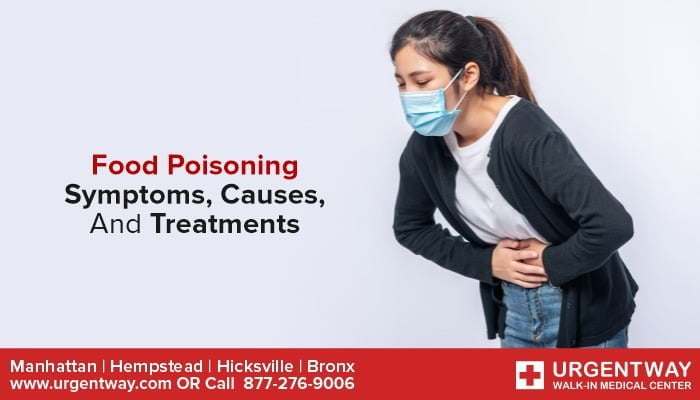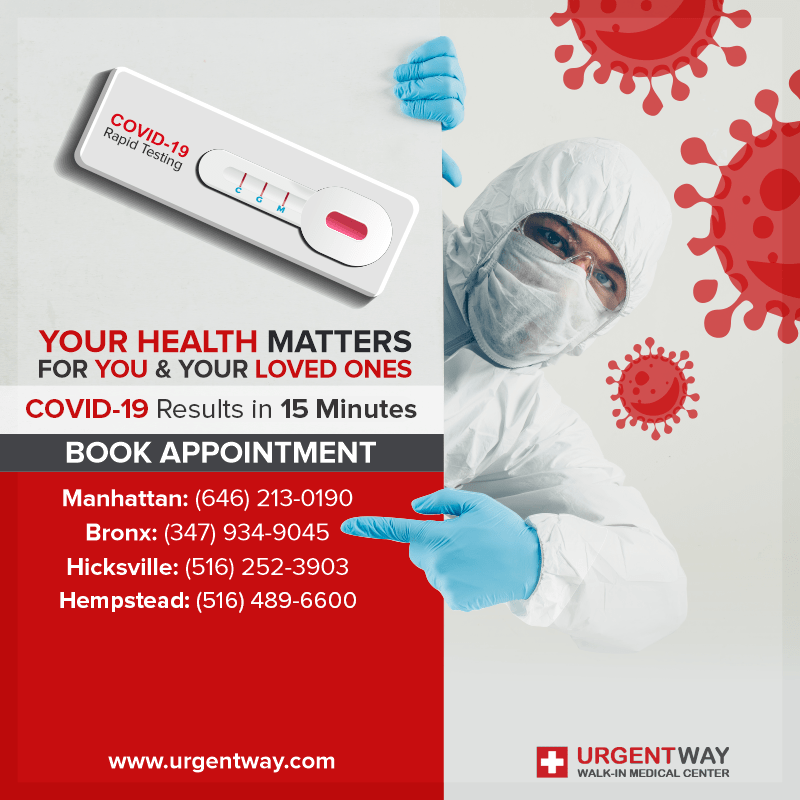Eating contaminated, spoiled or toxic food causes food poisoning. It is also known as a foodborne disease. Food poisoning symptoms may start to arise within a couple of hours after eating contaminated food. Common food poisoning symptoms are nausea, vomiting, and diarrhea. In this blog, you’ll go through the causes, symptoms, and treatments of food poisoning. After reading the blog, you’ll be able to prevent food poisoning and cure it at home.
What is food poisoning?
Food poisoning is a disease caused by eating food or drink contaminated with pathogens or toxins. Food contamination can happen at any point of production, harvesting, storing, shipping, and preparing food.
What are the causes of food poisoning?
Many bacterial, viral, or parasitic agents cause food poisoning, such as:
- Campylobacter
- Salmonella
- Norovirus
- Rotavirus
- Clostridium botulinum
- Coli
- Hepatitis A
- Vibrio vulnificus
How does food become contaminated?
Pathogens are found in all the foods that humans eat. Raw foods are a common source of food poisoning. However, proper cooking may kill the pathogens before reaching our plates. But when you don’t wash your hands properly before preparing food, food contamination occurs, which can cause food poisoning.
What are the symptoms of food poisoning?
Food poisoning is always followed by symptoms that may be severe or mild depending upon the source of infection. The time the signs appear also depends on the source of the infection, but they usually appear within 1 hour to 28 days after eating. The typical food poisoning symptoms are as given below:
- Abdominal cramps
- Nausea
- Weakness
- Mild fever
- Loss of appetite
- Vomiting
- Diarrhea
The symptoms of life-threatening food poisoning may be severe and may include:
- Diarrhea persists for more than three days
- A fever higher than 101.5°F
- Difficulty in seeing or speaking
- Symptoms of severe dehydration, may include dry mouth, passing little to no urine, and difficulty keeping fluids down
- Bloody urine
If you experience these symptoms, then you should contact your doctor as soon as possible.
How is food poisoning detected?
Your doctor may diagnose your food poisoning depending on your symptoms. In severe cases, blood tests, stool tests, and tests of your previous eating can be conducted to determine the cause of food poisoning.
What are the treatments for food poisoning?
Usually, food poisoning takes three to five days to resolve. It can be treated at home to remain properly hydrated. Some medications can also be effective. The following are commonly advised treatment ways until your symptoms ease:
1. Fluids
Having lots of drinks is an effective way to treat food poisoning symptoms. The fluid drinks should mainly be water, fruit juice, or soups.
2. Eat as normally as possible
Eating small portions of food and light meals may effectively treat food poisoning because empty stomachs trigger nausea. But try to avoid fatty, spicy, or heavy foods.
3. Medication
Medications such as Imodium and Pepto- Bismol can help to control diarrhea and suppress nausea. You should intake one capsule of loperamide per day to treat food poisoning, but you should not take it longer than five days.
What are the ways to prevent food poisoning?
To prevent food poisoning at home. You should:
- Wash your hands, utensils, and food surfaces often
- Keep raw foods separate from ready-to-eat foods
- Cook foods to a safe temperature
- Refrigerate or freeze perishable food promptly
- Defrost food safely
- Throw out the food when in doubt
What’s good to eat to treat food poisoning symptoms?
It would help if you increase the intake of the following foods to treat food poisoning symptoms:
- Saltine crackers
- Gelatin
- Bananas
- Rice
- Oatmeal
- Chicken broth
- Bland potatoes
- Boiled vegetables
- Toast
- Soda without caffeine (ginger ale, root beer)
- Diluted fruit juices
- Sport drinks
Conclusion
Eating contaminated or toxic food causes food poisoning. Bacteria, viruses, and parasites are responsible for it. These microbes are found in raw food but sometimes transfer from the environment due to contaminated hands. Common food poisoning symptoms are nausea, vomiting, abdominal pain, and fever, but sometimes these symptoms can be severe, depending upon the source of infection. Food poisoning can be treated by medications, preventing dehydration, or taking light meals. Usually, some simple preventive measures at home can prevent from food poisoning. But if your symptoms are severe and you’re unable to treat them at home, visit https://www.urgentway.com/ for medical help.



